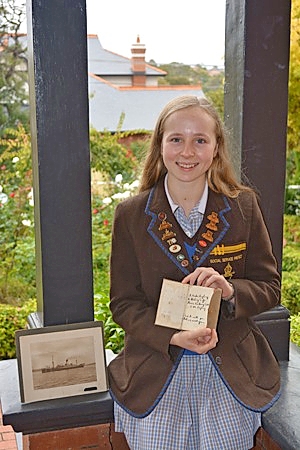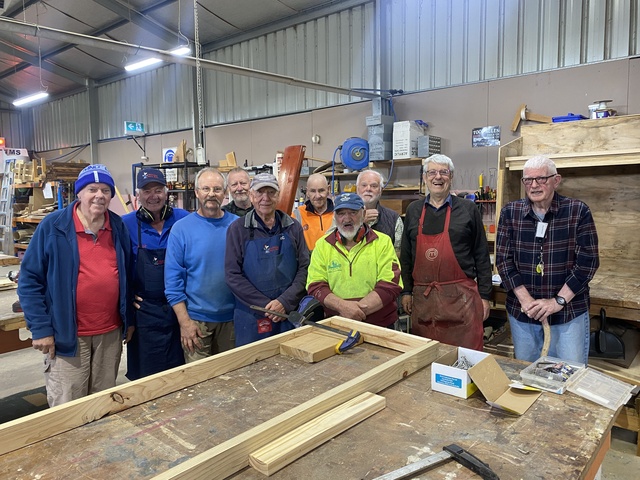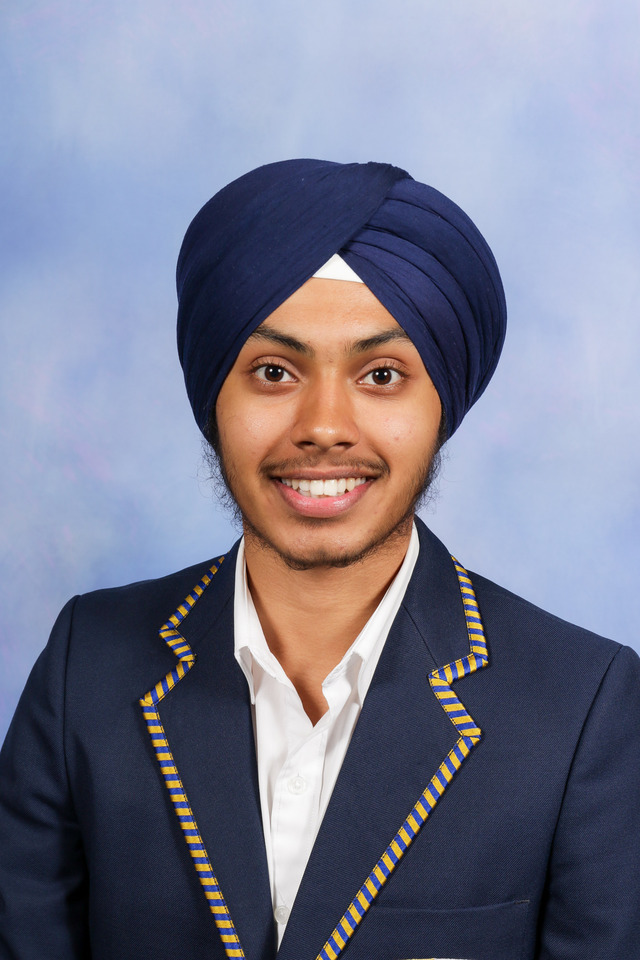Having two relatives who fought in World War I made Emelia Eagling-Every’s recent trip to Gallipoli even more special. The Ivanhoe Girls’ Grammar social-service prefect was one of 94 Victorian students and teachers who attended the Anzac Day centenary dawn service.
Emelia’s great-great uncle, Archie Eagling, was killed in action during the Great War.
“Archie joined the 52nd Australian Infantry Battalion and began his training at the Tel-el-Kebir camp,” she says. “My great-great uncle fought very briefly on the Western Front until he was killed in action at age 24 on the July 6, 1916. He is now buried at the Rue-Petillon Military Cemetery in France.”
Emelia’s great-grandfather, Private George Every, fought at the Somme during WWI. He returned to Australia after being injured in France.
Emelia was among 80 students, 14 teachers and four officials from across Victoria that the state government sent to Turkey last month to commemorate 100 years since the Gallipoli campaign started. Chosen from 734 applicants, the group was on site by 3am for the main dawn service at North Beach, before attending Australia’s memorial service at Lone Pine. Emelia was one of only four students in her group to meet Prince Charles, Prince Harry and Prime Minister Tony Abbott. This
topped off what was already an emotional and moving experience.
The seven-day tour was based in Istanbul and took in major tourist sites such as the Grand Bazaar, the Blue Mosque, Hagia Sophia and Topkapi Palace. All those involved returned with amazing experiences and stories to share with their school and wider communities.
Camberwell Girls Grammar School’s Karin Lemanis and Megan Liew were the only teacher-student combination from the same school. Megan is a year 12 student with a strong sense of social justice and believes we need to commemorate the WWI sacrifices made by both Australians and non-Australians.
“Being given the opportunity to keep the Anzac spirit alive with other young Australians is one I’ll never forget,” Megan says. “The experiences and memories I have gained on this journey are immeasurable and I feel proud and humbled by the opportunity. To ensure that the sacrifices made by our Anzacs is never forgotten, I am constantly sharing the experience and knowledge with my peers and the community.”
Karin is a history teacher who reminds students that soldiers are ordinary people in extraordinary circumstances. She takes year 9 girls to Melbourne’s Shrine of Remembrance, which has a new WWI section with a Gallipoli landing boat, and uses Australian War Memorial boxes – containing soldiers’ uniforms, equipment and artefacts – to take her students back to that time in Australia’s history.
Karin, whose twin daughters Belinda and Amelia turned 12 on Anzac Day, was touched and honoured to experience one of the most important places she has taught about.
“These stories help us define who we are and what we are all capable of,” she says.
“I like to remind students that WWI, and specifically the events at Gallipoli, helped shape Australia’s future because we needed to deal with major social issues … concerning citizenship and sacrifice, conscription, independence from Britain, Australia’s place on the world scene, women in the workforce, democratic equality, loss and empathy.
“The Anzacs have given us a lasting sense of national identity. Their displays of bravery, loyalty, self-reliance, self-sacrifice and fighting spirit all personify the ‘real’ Australian spirit.”
While the Gallipoli pilgrimage was a state government initiative, many schools offer international trips in which students and teachers enjoy incredible experiences and forge links with communities around the world. The Anzac Day trip provided a lifetime of memories and an appreciation of what our soldiers went through.
At other times, Camberwell Girls Grammar offers language tours to France, Germany and China. It has social justice trips to Chiang Mai in Thailand, to help build amenities for a school near the Burmese border, and a history/science tour to the US.
At Ivanhoe Girls’, the anniversary of the Gallipoli landing was commemorated through school and community initiatives, including Senior School and Junior School Anzac Day assemblies.
Highlights included visiting the school’s Aleppo pine (or Lone Pine) tree – descended from trees at Gallipoli – and joining the National Trust’s Gallipoli Oaks Project and the City of Banyule Schools Anzac Day service. Students also escorted the Australian 2/4 Field Regiment banner during this year’s Anzac Day march in Melbourne.
Emelia is reminded of WWI sacrifices through memorabilia lining the walls and the people she and other students meet when visiting the Heidelberg Repatriation Hospital each week as volunteers. She now has some special stories of her own to tell them.
“The Remembrance Garden and memorabilia help me to remember the people who walked the very halls that I now do, and for that matter, all the nurses and soldiers that would have passed through the hundreds of military hospitals during WWI,” she says.







